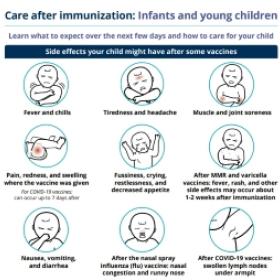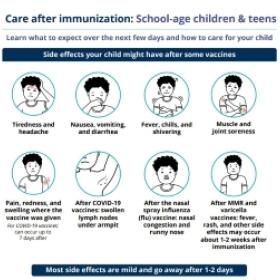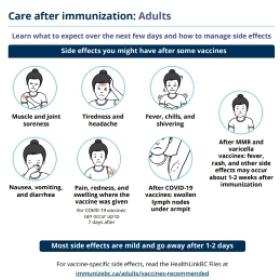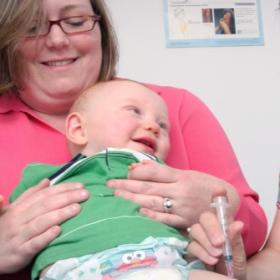On March 31, the ImmunizeBC website will move over to HealthLinkBC.ca After this date, you will be automatically redirected to HealthLink BC’s Immunization landing page. HealthLink BC provides trusted health information online and over the phone 24 hours a day, seven days a week by calling 8-1-1.
Date last reviewed:
Tuesday, May 28, 2024
HealthLinkBC
Available in 简体中文 (Simplified Chinese), عربى (Arabic), یسراف (Farsi), 한국어 (Korean), ਪੰਜਾਬੀ (Punjabi), and other languages.
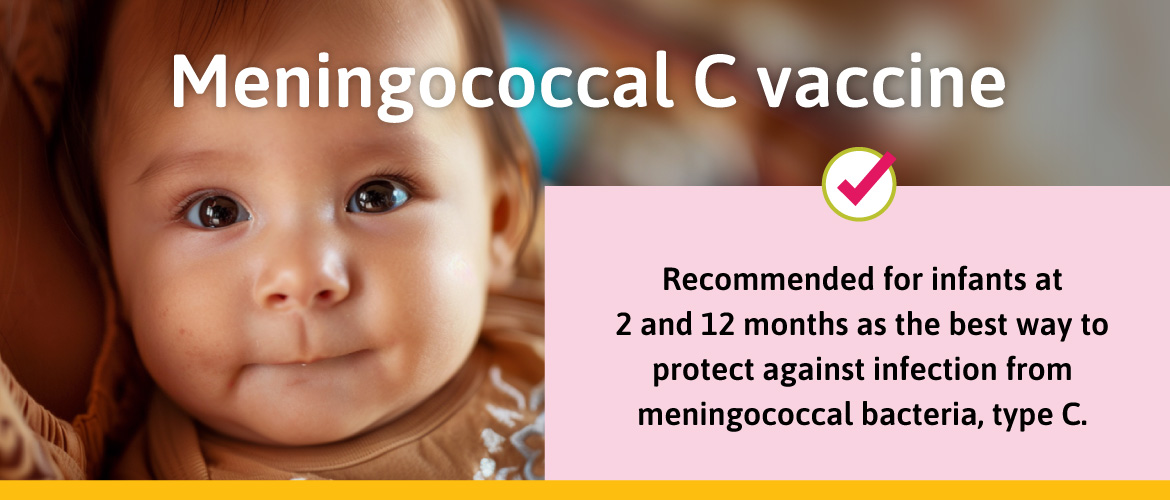
Disease it protects against
The Men-C vaccine protects against:
- Meningococcal C infection.
Meningococcal C infection is caused by bacteria called meningococcal type C. It can cause serious and life-threatening infections including meningitis, an infection of the lining that covers the brain, and septicemia, an infection of the blood. Learn more about Meningococcal infection.
Fact
Did you know?
For every 100 people who get sick with meningococcal disease, up to 15 will die, even with treatment.
Who should get the vaccine
| Age | Schedule |
|---|---|
| Infants & young children |
|
| School-age children & teens |
|
| Adults |
|
How well it works
Protection from the Men-C vaccine is about 97% for babies within one year of vaccination. It’s important to get the second dose at 12 months because protection weakens over time.
When you or your child gets immunized, you help protect others as well. People who are immunized are much less likely to catch a preventable disease and spread it to others.
Safety
Vaccine safety is a top priority in Canada. Every vaccine must be shown to be safe and effective before it is approved for use in Canada. After approval, the safety of vaccines is continuously monitored. Learn more about vaccine safety.
Fact
Vaccines are very safe.
Getting the vaccine is much safer than getting meningococcal disease.
Side effects
Many people have no side effects from vaccines. For those that do, they are usually mild and go away on their own within a few days. Serious side effects are very rare.
Side effects of the Men-C vaccine can include:
- Soreness, redness, and swelling where the vaccine was given.
- Fever, drowsiness, crankiness.
- Loss of appetite, nausea, vomiting, diarrhea.
- Headache or muscle soreness.
It is important to stay in the clinic for 15 minutes after getting any vaccine because there is an extremely rare chance of a life-threatening allergic reaction called anaphylaxis. If anaphylaxis happens, you will be given medicine to treat the symptoms.
Let your immunization provider/clinic or health care provider know if you or your child have any serious or unexpected side effects after immunization.
How to manage side effects
For information on how to manage side effects, view the immunization aftercare sheets below.
Who should not get the vaccine
Speak with your health care provider if your child has had a life-threatening reaction to a previous dose of meningococcal vaccine or any part of the vaccine.
There is no need to delay getting immunized because of a cold or other mild illness. However, if you have concerns, speak with your health care provider.
Meningococcal quick facts
- What it is
-
Meningococcal C infection is caused by bacteria called meningococcal type C. It can cause serious and life-threatening infections including meningitis, an infection of the lining that covers the brain, and septicemia, an infection of the blood.Meningococcal type C disease is now rare in BC because of routine childhood immunization programs.
- How it spreads
-
Meningococcal infection is spread from person to person by coughing, sneezing, or close face-to-face contact. It can also be spread through saliva. Babies and young children can become sick through sharing soothers, bottles or toys used by other children. Older children and adults can become sick through activities such as kissing or sharing food, drinks, cigarettes, lipstick, water bottles, mouthguards used for sports, or mouthpieces of musical instruments.
- Symptoms
-
Symptoms of meningococcal infection occur suddenly and can include:
- Fever.
- Intense headache.
- Nausea and often vomiting.
- Bulging fontanelle (part of an infant's skull).
- Stiff neck; stiff back in older children.
- Pinpoint rash.
- Risks
-
For every 100 people who get sick, up to 15 will die, even if they receive treatment. Permanent complications of infection include brain damage, deafness and loss of limbs.
